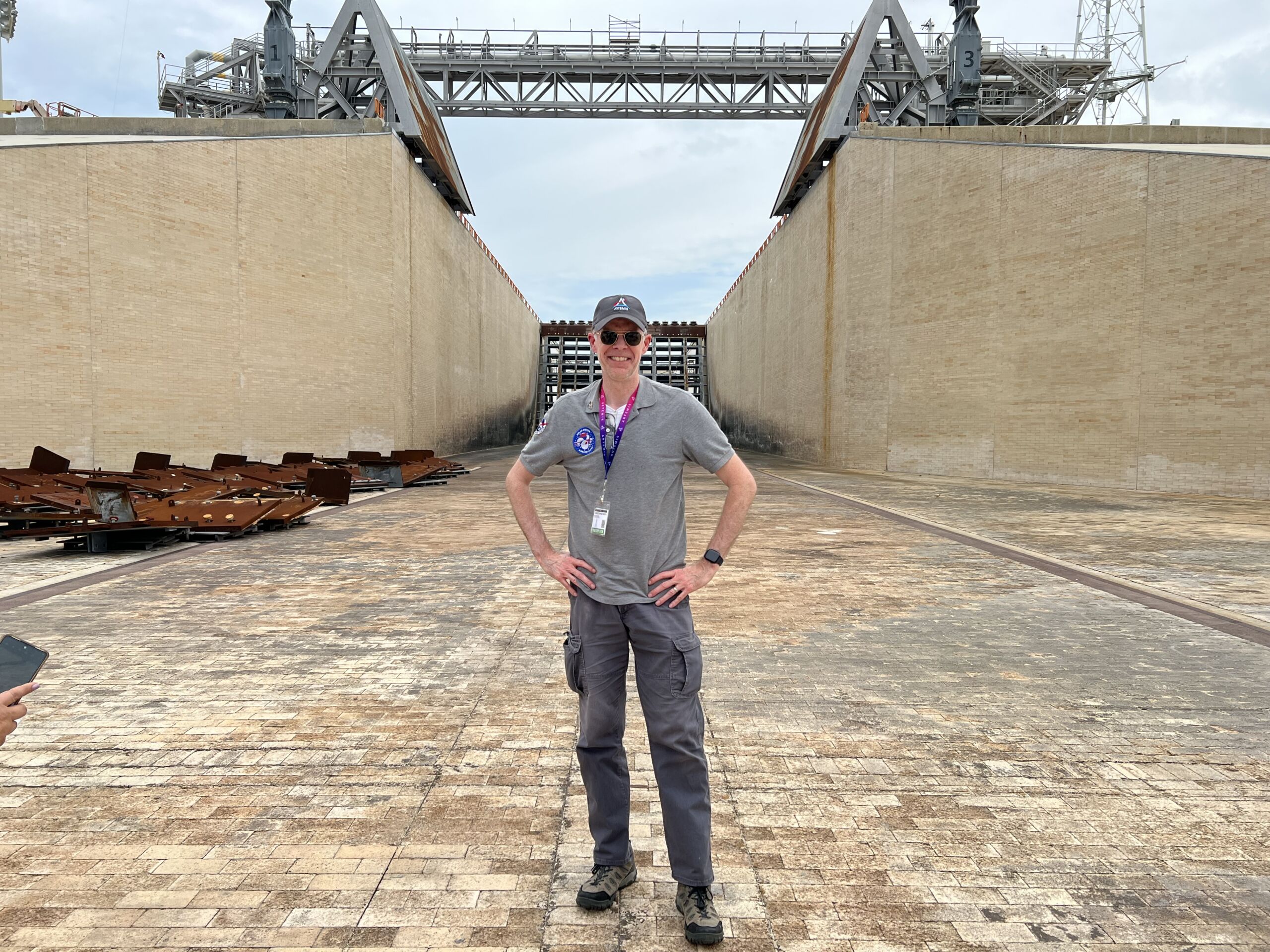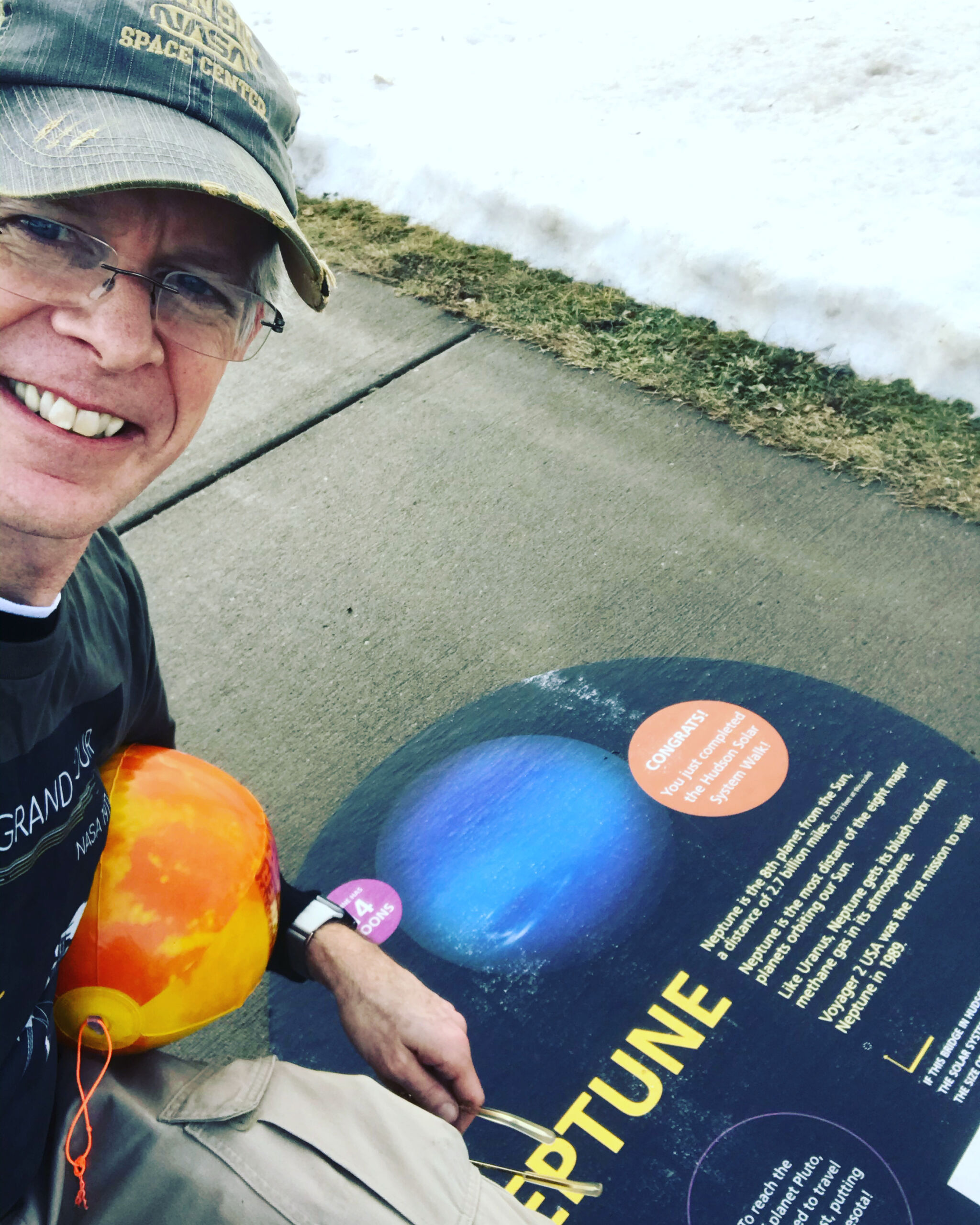A STAR_Net Blog Guest Post by Dennis Schatz and Andrew Fraknoi
A number of libraries have written to inquire about how to be part of the Moore Foundation grant to get eclipse viewing glasses and information even though they are closed on Mondays, which means they won’t be open when the August 21, 2017 solar eclipse occurs. The answer to whether they can still be involved is a definite YES. Programming in the weeks and months leading up to the eclipse is, in many ways, more important than what we do on the day of the eclipse.
More than 300 million people in the US will see a total or partial solar eclipse August 21. Relatively few will be able to travel to the path of totality, which is only 60 to 70 miles wide as it crosses the U.S. from Oregon to South Carolina. This means that most people will see a partial eclipse and will need to know how to observe it safely. And most of them will not be at a library at the time of the eclipse; they will be at work, in school or at home. They will need to know when, where and how to view the eclipse ahead of August 21st, so they can walk outside wherever they are and view the beauty of a “bite” taken out of the Sun.
The purpose of the project funded by the Moore Foundation is to encourage libraries to be central sources of eclipse information for their communities. The months and weeks leading up to the eclipse are crucial times to prepare many of your patrons to understand and know how to view the eclipse, no matter where they are on August 21st.
The following suggestions for eclipse activities provide some possible ways for you to prepare your community to observe the sky event of the decade:
- Eclipse Display Area or Bulletin Board in the Library – Set up an eclipse display area with information regarding the details of when the eclipse is visible from your community, plus books, posters, handouts, and instructions for safe viewing techniques. (The booklet and website we are preparing will have specific suggestions for all of these.)
- Family Eclipse Time in the Children’s Section – Encourage families to attend together to learn about the basics of eclipses, read from a children’s book on eclipses (such as our book When the Sun Goes Dark, to be published by the National Science Teachers Association), and then explain and demonstrate ways to observe the eclipse safely.
- Evening or Weekend Eclipse Talk – Invite a local astronomer, amateur astronomer, science teacher or museum educator to give a short public talk on the upcoming eclipse and how to view it safely.
- Sun Party Events – Many amateur astronomers have a filter for their telescope that makes it safe to view the Sun during the daytime. Ask your local amateur club put on a “sun party” in front of the library and then use that as an occasion for providing safe viewing information.
More eclipse resources and information regarding how to connect with partners to help with your eclipse preparation events can be found at STAR_Net’s Eclipse Resource Center. More information will be displayed there in the months to come.
Whatever you decide to, may you have clear skies on the day of the eclipse.




Leave A Comment